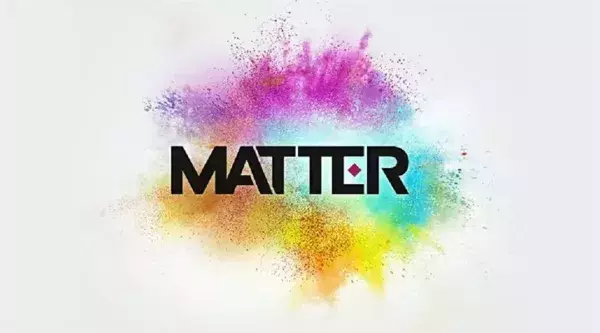
Unity has walked back many of its proposed Runtime Fee changes, to the relief of many, but the issue of trust remains.
Unity has revised its plans to charge developers every time one of their games is installed, a proposal that was met with widespread disbelief and anger, with many developers vowing to quit using Unity as a result. A few days after the initial announcement of the ‘Runtime Fee’, the company issued an apology for the ‘confusion and angst’ it had caused, and promised changes were on the way.
On Friday, Marc Whitten, head of Unity Create, outlined those changes in a blog post. “I want to start with this: I am sorry,” he begins. “We should have spoken with more of you and we should have incorporated more of your feedback before announcing our new Runtime Fee policy.”
Whitten then goes on to explain that there will be no Runtime Fee for Unity Personal accounts, Unity’s basic free plan. Interestingly, in addition, he said that users of Unity Personal will no longer have to display the ‘Made With Unity’ splash screen on their games. Previously, users could only remove this splash screen if they upgraded to a higher-tier subscription.
He adds that no game with less than $1 million in “trailing 12-month revenue” will be subject to a Runtime Fee, and adds that the fee will only apply to games created in the next version of Unity, which is due to launch in 2024. This addresses a key concern of developers, which was that the Runtime Fee would apply retroactively, resulting in unexpected charges for games that have already been on the market for months or years.
Whitten notes that if users wish to keep using the previous version of Unity, then the Runtime Fee won’t be applied, and will only kick in if or when they upgrade to the newer version.
Crucially, Unity is abandoning its plans to attempt to collect install data using its own proprietary tools, something it allegedly still hadn’t figured out how to do after the initial runtime fee announcement. Instead, users are being asked to self-report their own data.
“For games that are subject to the runtime fee, we are giving you a choice of either a 2.5% revenue share or the calculated amount based on the number of new people engaging with your game each month,” said Whitten. “Both of these numbers are self-reported from data you already have available. You will always be billed the lesser amount.”
Users have already been quick to joke about their plans for self-reporting sales figures. But broadly speaking, most seem to agree that the revised plans are workable, even if the increased cost is not exactly welcome. “This only seems like a reasonable change in terms because of how convoluted and ridiculous the initial proposal was,” said Gregorios Kythreotis, co-creator of Sable. “It is an improvement, but it’s a bit of a mess and they have destroyed trust with their community.
Vlambeer co-founder Rami Ismail was heavily critical of Unity’s initial proposal for charging developers for every install, in particular pointing out how the system could leave vulnerable developers open to coordinated attacks, where malicious actors uninstall and reinstall games thousands of times to rack up huge charges. However, he has welcomed Unity’s revised plans, noting on X (Twitter) that the proposals work for “every use-case”.
“I wish they had launched this, because this is super acceptable,” Ismail added in a follow-up tweet. “I do think a lot of the damage done is going to linger at least a bit. Trust is a fickle thing and it’s hard to say exactly what the damage will be, but this should count as a first step to rebuilding that trust.”
Read more: Unity and the enshittification of the games industry





